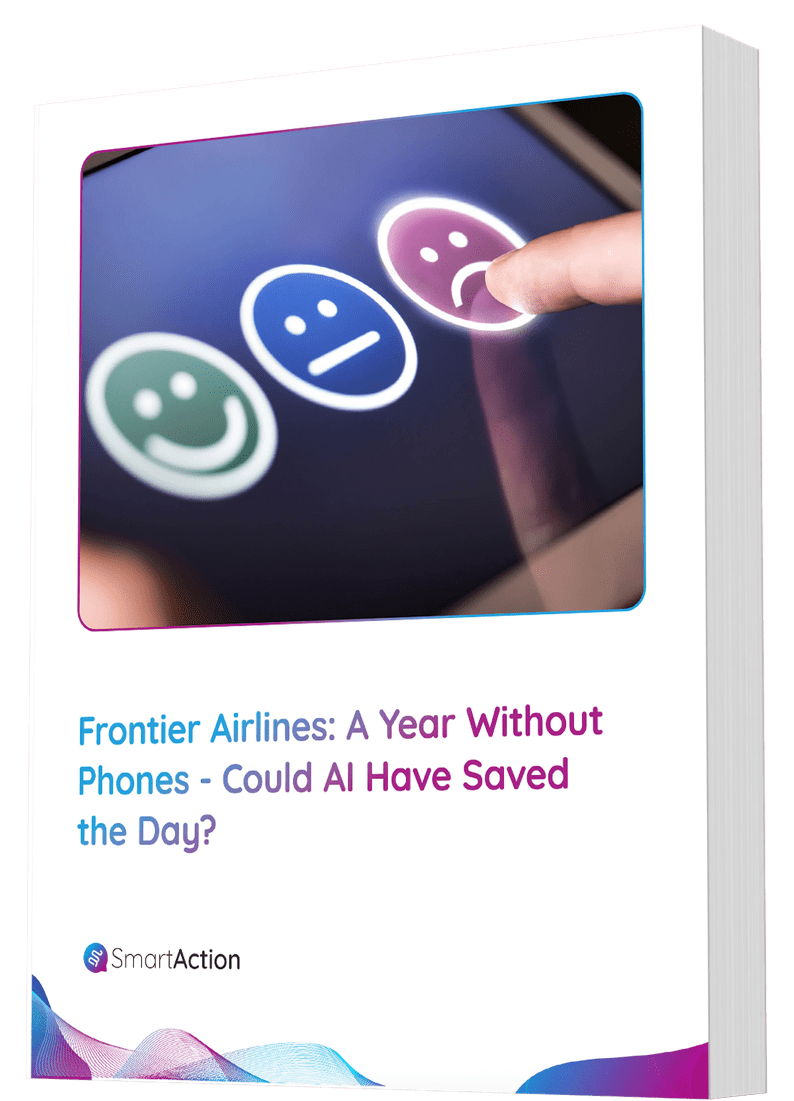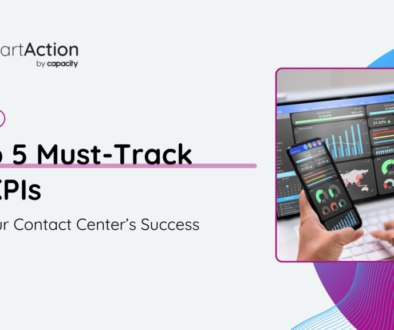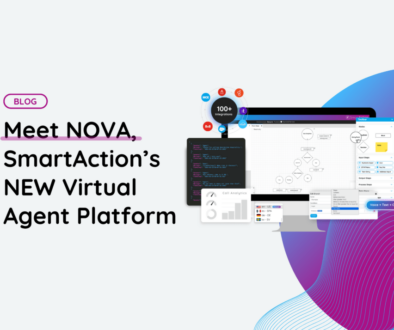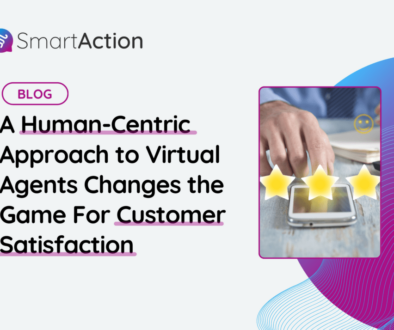Analysts Establish AI-enhanced Self-Service as a Category and Name First-Ever Leaders
In the contact center, it isn’t often that a new category of technology emerges. But as more and more companies are turning to conversational AI solutions to enable self-service automation over voice and chat, the analyst community has identified the need to create a distinct category for these cloud-based virtual agent solutions that mimic live agent behavior. Moreover, they have recognized the need to name leaders in this emerging category.
The emergence as a category indicates these new solutions are here to stay and are as integral to service delivery as the PBX or workforce management software. Soon, every contact center will be deciding which conversations stay with live agents and which conversations should be automated by an AI-powered virtual agent. In the not too distant future, contact centers will be built first and foremost around AI automation. Humans will be dropped in only where absolutely necessary for things like complex critical thinking, persuasion, or empathy.
Gartner was the first to categorize these solutions as Virtual Customer Assistants, releasing a Market Guide to shortlist the leaders.
To this day SmartAction is the top-rated Virtual Customer Assistant on Gartner Peer Insights (4.8/5) as ranked by customer reviews. See reviews
Frost & Sullivan named this same category, identifying it as “AI-enhanced Self-Service Solutions.” Moreover, they named SmartAction as “The Leader in AI-enhanced Self-service” (read the press release).
Why SmartAction? Frost & Sullivan says:
- SmartAction’s AI-powered virtual agent solution is ideally suited for companies that plan to adopt an AI-powered solution in the near future.
- With cloud-enablement and a ‘land-and-expand’ approach, SmartAction demonstrates strong value for the price.
- SmartAction enables companies to implement AI in the lowest risk manner possible.
- SmartAction’s Omni-bot feature helps businesses put omnichannel CX at the center of their customer support strategies.
- SmartAction sets itself apart by delivering its virtual agents with a team of CX experts, who specialize in human-centric AI design.
Frost & Sullivan also noted that SmartAction clients have met or exceeded customer expectations for performance. Clients report increased agent productivity and focus on high-value-add tasks, as well as minimized IT effort due to the automation as a service model. What makes SmartAction automation as a service?
AI-enhanced Self-Service Examples
- The largest hospitality chain in Las Vegas replaced their touchtone routing menu with a Natural Language “front door” to capture caller intent. Then the solution routes calls to one of 80 departments with a 95% success rate.
- Royal Caribbean Cruises uses virtual agents to handle billing inquiries, payments, invoice requests, and rewards management. This has offloaded hundreds of thousands of calls from their live agents.
- Vizio offers self-service for Tier-1 tech support over the phone by identifying the issue and guiding callers through the top resolutions. The virtual agent passes all call data to live agents if the issue cannot be resolved in self-service.
- Facing strict HIPAA laws, J&B Medical Supply Co. has an automated patient authentication process that fully authenticates callers in half the time it took live agents. The automation is consistent, following the same rules and process every time to ensure compliance.
Find out more about AI-enhanced self-service in Frost & Sullivan’s latest analyst report, The AI-Powered Virtual Agent: Practical Strategies for Contact Center Leaders. In it, senior analysts share how leading businesses like the ones above are making the transition to cloud-based virtual agents one conversation at a time.






